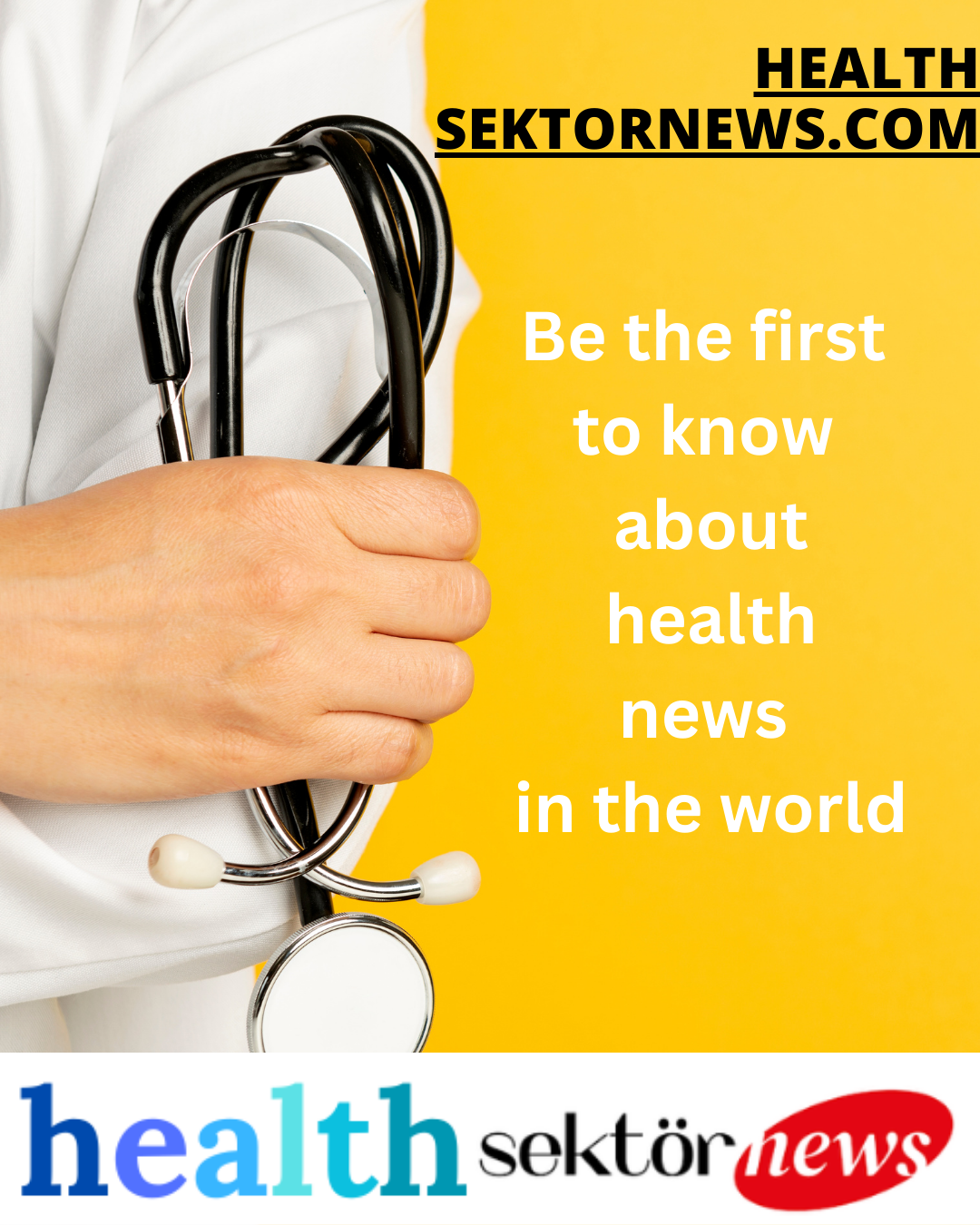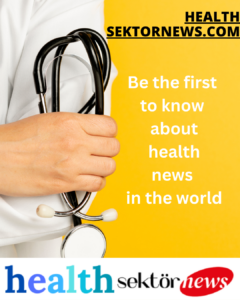Nutrition and Breast Cancer Prevention: How Diet May Lower Breast Cancer Risk. Breast cancer is one of the most common forms of cancer affecting women worldwide.
While genetics plays a role in breast cancer risk, environmental factors such as diet and lifestyle can also impact the likelihood of developing the disease. In this article, we will explore how diet can lower the risk of breast cancer and the specific nutrients that are beneficial.
The Role of Diet in Breast Cancer Prevention
Research has shown that a healthy diet can lower the risk of breast cancer. A healthy diet is one that is rich in fruits, vegetables, whole grains, and lean proteins while limiting processed and high-fat foods. It is important to note that while there is no one “breast cancer prevention diet,” eating a balanced and nutritious diet is beneficial for overall health and can help lower the risk of many diseases, including breast cancer.
Fruits and vegetables are an excellent source of fiber, vitamins, and antioxidants. Antioxidants protect cells from damage caused by free radicals, which can lead to cancer. The American Cancer Society recommends eating at least 2 1/2 cups of vegetables and fruits daily.
Cruciferous vegetables, such as broccoli, cauliflower, and kale, are especially beneficial. They contain sulforaphane, a compound that has been shown to have cancer-fighting properties. Other beneficial vegetables include carrots, spinach, and sweet potatoes.
Fruits such as berries, apples, and citrus fruits are rich in vitamins and antioxidants. Berries are especially high in antioxidants and can help reduce inflammation, which can lead to cancer. Apples contain quercetin, a flavonoid that has been shown to have anti-cancer properties.
Whole grains, such as brown rice, quinoa, and whole wheat bread, are an excellent source of fiber, which can help lower the risk of breast cancer. A study conducted by the American Cancer Society found that women who ate the most fiber had a lower risk of breast cancer than those who ate the least.
Lean proteins, such as fish, chicken, and beans, are an excellent source of protein without the added fat found in red meats. Fish, in particular, is high in omega-3 fatty acids, which have been shown to have anti-cancer properties. Beans are also high in fiber, which can help lower the risk of breast cancer.
What to Limit
Processed foods, such as fast food, chips, and candy, are high in calories, sugar, and fat.
They also often contain preservatives and additives, which have been linked to an increased risk of cancer. It is important to limit processed foods and choose whole foods whenever possible.
High-fat foods, such as red meat and cheese, should also be limited. A diet high in saturated fat has been linked to an increased risk of breast cancer. Instead, choose lean proteins and low-fat dairy products.
Alcohol consumption has been linked to an increased risk of breast cancer. The American Cancer Society recommends limiting alcohol to one drink per day or less.
While there is no one “breast cancer prevention diet,” a balanced and nutritious diet can help lower the risk of breast cancer.
Eating a variety of fruits, vegetables, whole grains, and lean proteins while limiting processed foods, high-fat foods, and alcohol can help maintain a healthy weight and reduce the risk of many diseases, including breast cancer.

